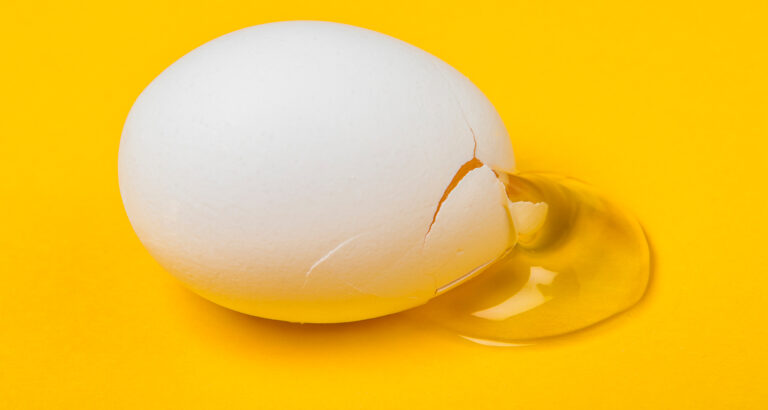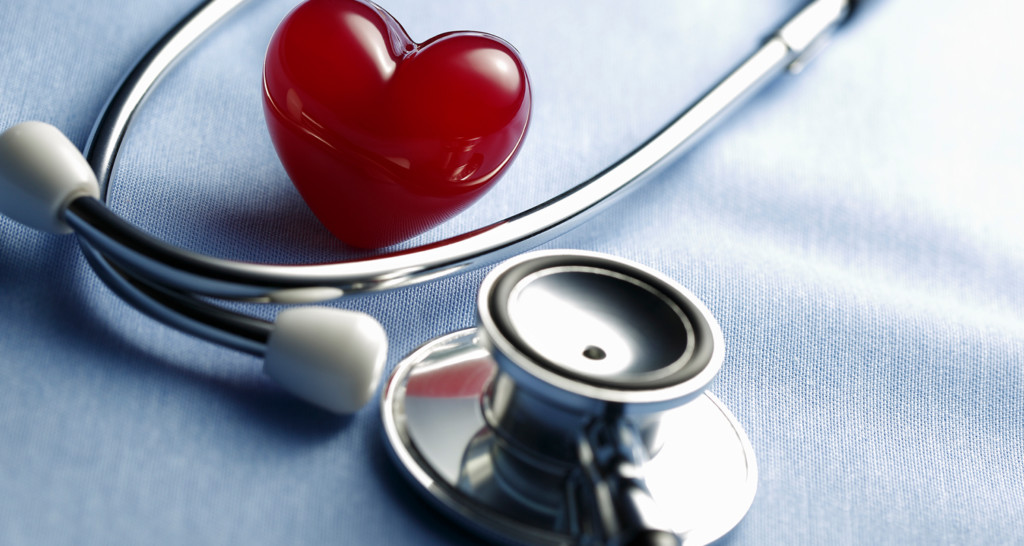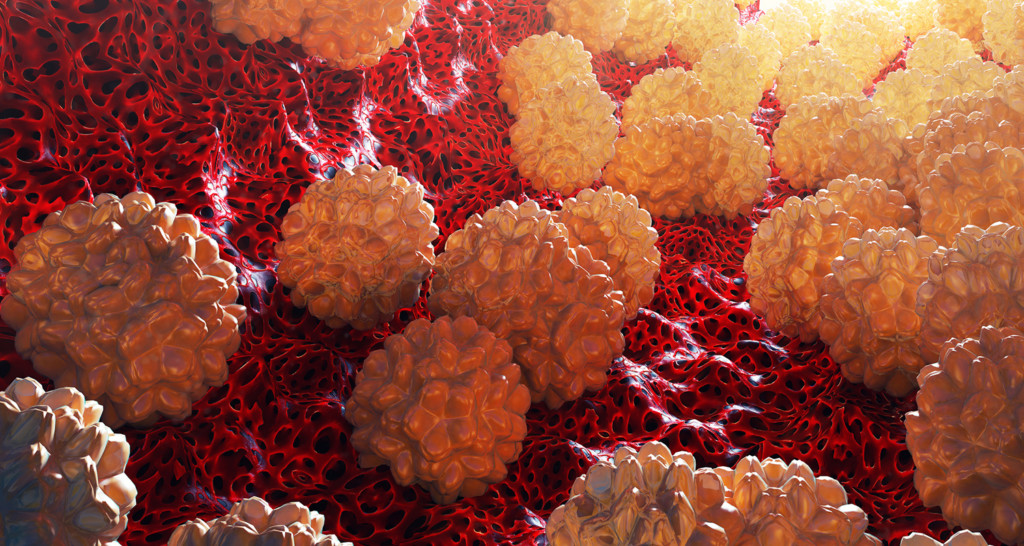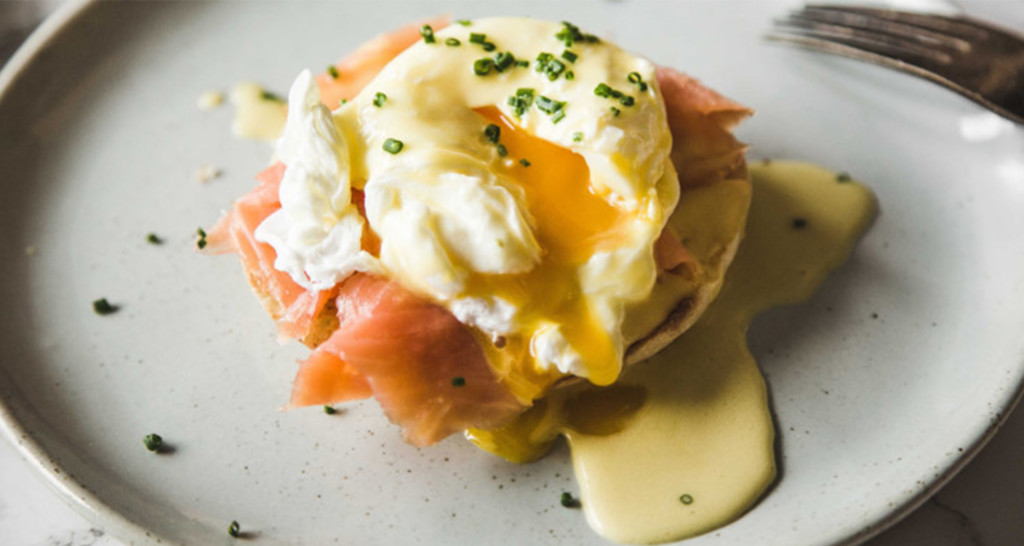
[tldr]
- Eggs are a big part of the Bulletproof Diet, and for good reason. They’re full of protein, vitamin D, lutein, choline, and more.
- But a new study published in the medical journal JAMA, found that people who ate two eggs a day had a 27 percent higher risk of developing heart disease.
- While that might sound scary, it’s not. The study has drawn criticism from news outlets for its shortcomings, which are many. Read on to learn more.
- Cholesterol itself doesn’t cause heart disease — damaged, oxidized fats are the real culprits.
- Where the egg is from, and how it’s cooked, plays a big role. Eat organic, pastured eggs and leave the yolk soft when cooking.
- Scroll down for healthy Bulletproof egg recipes.
[/tldr]
Eggs are a big part of the Bulletproof Diet, and for good reason. They’re full of protein, vitamin D, lutein, choline, and more. Plus they’re the ultimate fast food minus the crap — scramble an egg in a matter of minutes in some grass-fed ghee, add half an avocado, and you’ll be satisfied for hours.
But a new study has once again cast doubt on the safety of eggs — are they good for you, or does eating them clog up your arteries?
The study, published in the medical journal JAMA, found that people who ate two eggs a day had a 27 percent higher risk of developing heart disease.
The researchers combined findings from six different cohorts in the U.S., looking at nearly 30,000 people over a 17-year period, between 1985 and 2016. They found that for each additional 300 milligrams of cholesterol eaten per day, there was a 17 percent increased risk of cardiovascular disease as well as a risk of premature death from any cause.
While that might sound scary, it’s not. The study has drawn criticism from news outlets like NPR, Forbes and Today for its shortcomings, which are many.
Download the Bulletproof Diet Roadmap to learn what and how much to eat, and what to avoid
Flaws in the study
The study relied on people recalling what it is they ate over a number of weeks. Memory is notoriously unreliable — just try remembering what you ate for breakfast last Wednesday. How about three weeks ago? Four months ago? Not only that, the studies analyzed used different methods for collecting the information about people’s diets. Combining studies to draw a larger conclusion isn’t always reliable, since their methods weren’t the same. It’s like comparing apples with oranges, or in this case, eggs with broccoli.
The study also failed to take into consideration other causes of heart disease. Sure, it touched on lifestyle factors such as weight, smoking, and exercise, but these weren’t really considered in the final conclusion, which was that eggs are bad. But heart disease isn’t simply a result of eating any one food. It’s far more complex than that.
And here’s another issue, and it’s a big one: The study didn’t account for how people were preparing their eggs, or what they were eating alongside them. Were they eating grain-fed eggs fried in damaging vegetable oils? Or perhaps they were eating their eggs alongside industrially-produced sausage patties. Where you source your food, and how you prepare it, matters (more on that below).
Related: The Best Healthy Sources of Protein
So what’s the deal with cholesterol?
For decades, the government and American Heart Association warned against the dangers of dietary cholesterol, urging people to limit high-cholesterol foods like eggs and full-fat dairy. Back in 2015, cholesterol finally caught a break, when the Dietary Guidelines of America stopped including a limit on the number of eggs you should be eating a week.
Related: High Cholesterol, Saturated Fats and Low-Carb Diets: What You Need to Know
Cholesterol itself doesn’t cause heart disease — damaged, oxidized fats are the real culprits. You may have heard of HDL (or high-density lipoprotein) cholesterol and LDL (low-density lipoprotein) cholesterol. People like to refer to LDL as the “bad type” of cholesterol because LDL transports cholesterol to tissues, while HDL delivers it away from tissues.
This argument is misleading, and here’s why. What matters is the quality of the cholesterol — when LDL carries damaged, oxidized fats and deposits them in artery walls, you’re going to be at higher risk of heart disease. Oxidized fats come from overly processed polyunsaturated fats (PUFAs) found in vegetable oils such as canola, soybean, and corn oils. Too many of these damaged fats — in your cells, tissues, and the like — cause widespread inflammation and disease. So what really matters is not how much LDL cholesterol you have, but how oxidized the cholesterol is. Learn more about the different types of cholesterol here.
If you’re eating a diet high in nutrient-dense, anti-inflammatory foods, you probably don’t have a problem with excess PUFAs in your body. If you’re following the standard American diet and eating a lot of processed foods high in vegetable oils, then you may want to consider switching up your routine. Learn more about the different dietary fats here.
Related: Everything You Know About Cholesterol Is Wrong
Guidelines on healthy eggs
Here’s the thing — where the egg is from, and how it’s cooked, plays a big role. So do it the Bulletproof way, and follow these guidelines when choosing and cooking eggs:
Eat organic, pastured eggs: Pastured eggs come from chickens that have had a good life roaming freely outdoors, pecking at plants and insects. And when they’re given feed, it’s organic. Why does this matter? Well, the chickens are happier, for one. And being Bulletproof means caring about the welfare of animals and how they are raised. Secondly, pastured eggs are better for you. A 2007 study found that eggs from chickens fed grain had lower levels of vitamin E, vitamin A, and omega-3 fatty acids.[ref url=”https://www.motherearthnews.com/real-food/free-range-eggs-zmaz07onzgoe”]
Leave the yolk soft: Most of the nutrients in eggs — minus potassium and some amino acids — are in the yolks. So skip the egg-white omelettes, they aren’t Bulletproof! And make sure to keep the yolk soft, to retain nutrients and keep the fat in the egg from oxidizing. Poaching in water is generally best. You can also use a sous vide to regulate the temperature. Learn more here about Bulletproof cooking methods. Or do what I do and mix a raw yolk into your Bulletproof Coffee or smoothie.
Rule out an egg allergy: Eggs may be nutrient powerhouses, but if you have an egg allergy, eating them won’t do you any favors. Try an elimination diet to test your reaction to eggs, and other common allergens.
Healthy egg recipes














